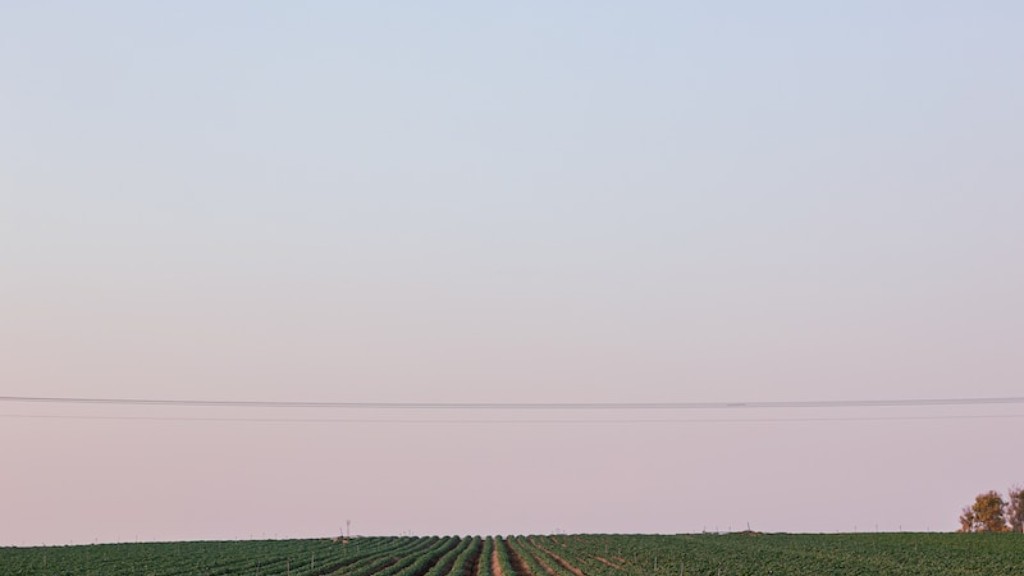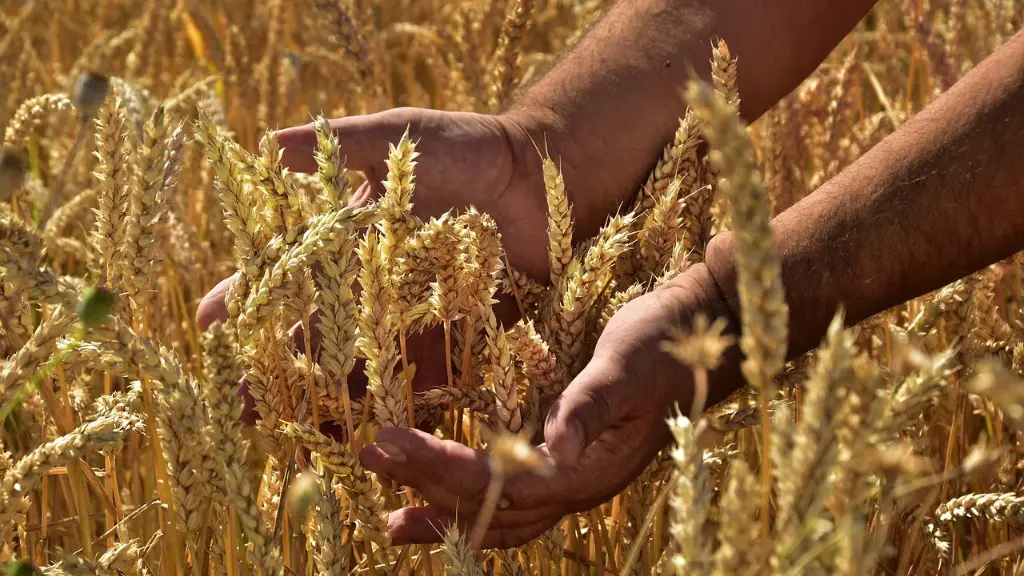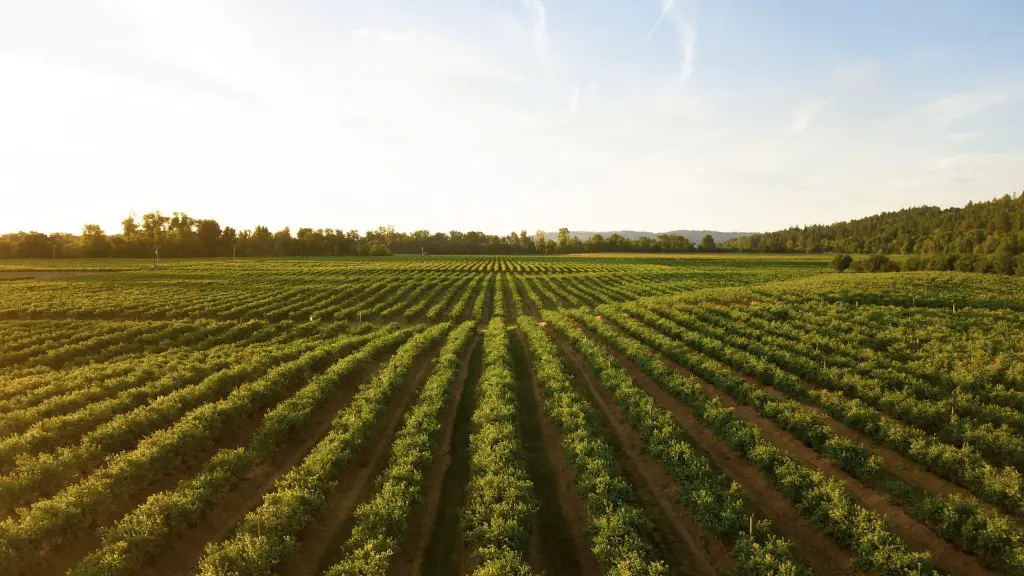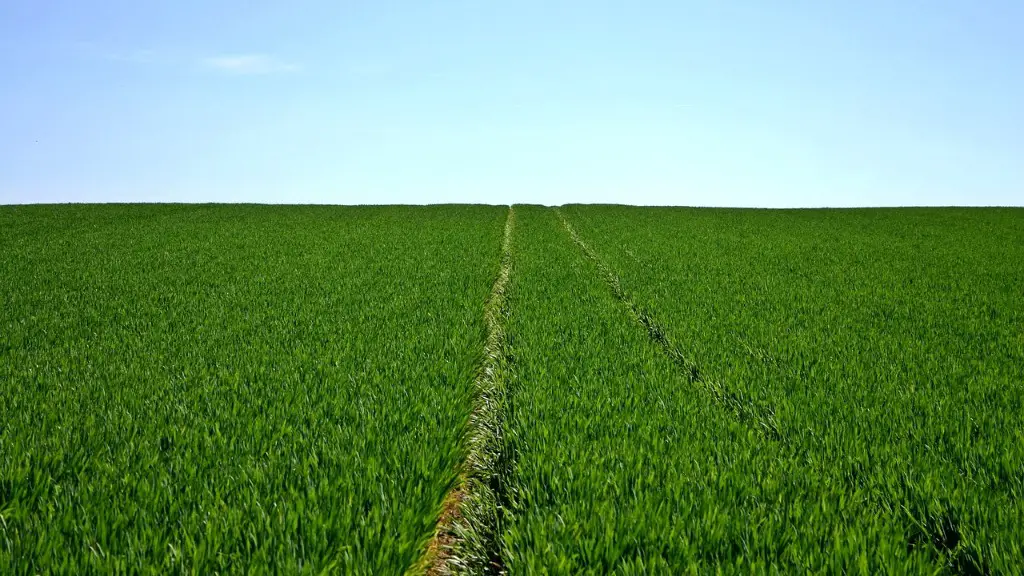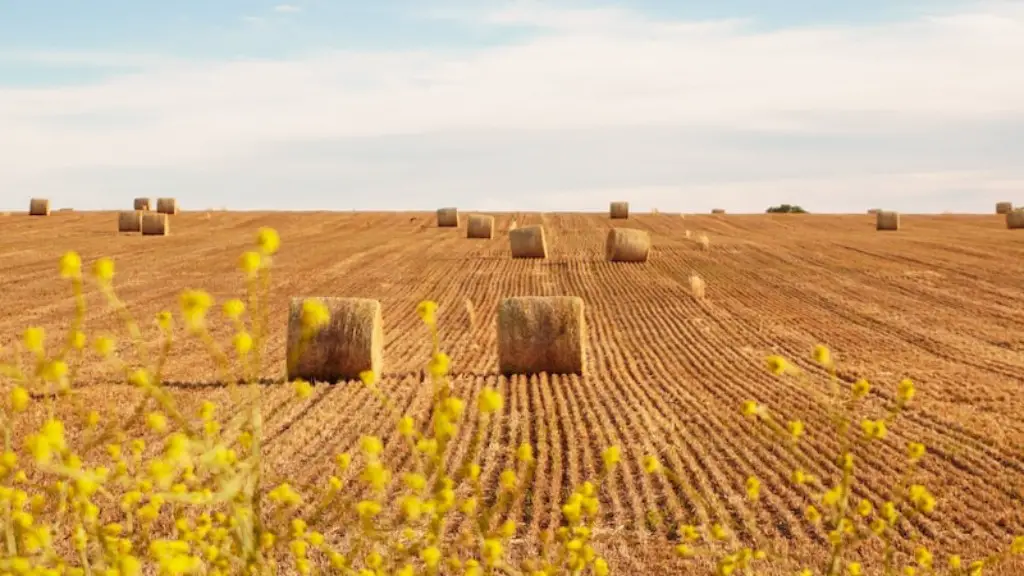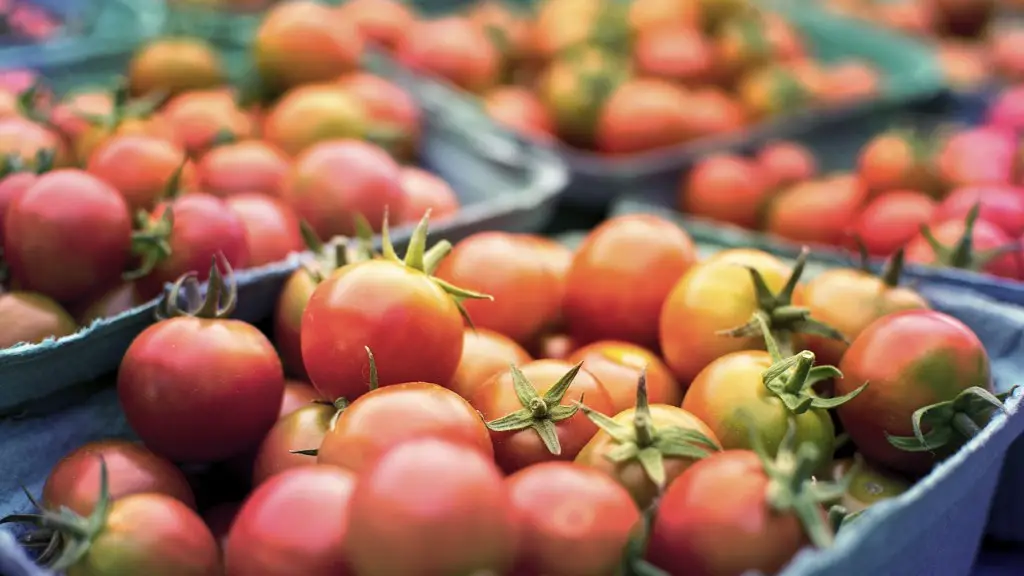Agriculture affects us in various ways. It provides us with food, clothes, fuel, medicines and other products that we use in our daily lives. It also has a direct impact on our environment, economy and health. Here are some ways agriculture affects us.
Food: Agriculture produces the majority of food items in the world. This helps provide food for our growing population, as well as for animals and wildlife. In addition, advances in technology have improved farming techniques and increased the productivity of food crops.
Economy: Farming provides jobs and/or income for many people. It also supports local economies by providing important products such as timbers, agro chemicals, fertilisers and irrigation equipment. Finally, it affects global economics when prices of commodities such as grains and oilseeds fluctuate.
Environment: Farming can have a major impact on our environment. It can lead to deforestation and soil erosion, as well as excessive use of water in irrigation. It can also lead to air and water pollution, due to the use of fertilisers and pesticides.
Health: Farming can have both positive and negative effects on our health. On the one hand, it can provide us with nutritious food and animal products that are essential for healthy diets. On the other hand, it can lead to the spread of diseases and chemicals, which can impact our health.
Economic Impact of Agriculture
Agriculture has had a significant impact on the global economy, from the impact of changes in crop prices to the development of rural communities. Finally, it has played a role in the development of many countries, providing jobs and boosting economic growth.
Agriculture has seen an unprecedented level of globalisation, with the free trade of agricultural products increasing significantly. This has given farmers access to new markets and enabled them to increase production and diversify into new crops. As a result, there is now a more competitive market, leading to greater efficiency and cost savings.
The agriculture sector has also seen significant technological advances over the years. This has included mechanisation, improved fertilisers and pesticides, irrigation and the use of genetically modified organisms. These advances have enabled farmers to increase productivity and reduce the costs associated with farming.
Finally, the use of biotechnology, such as gene editing, has allowed scientists to develop crops with increased resistance to pests and diseases. This has had a beneficial effect on the global economy, further improving the efficiency and productivity of agricultural products.
Social Impact of Agriculture
Agriculture has had a significant impact on the social structure of many societies. It has enabled the development of rural communities and small towns, providing a source of food, employment and other services to the local population.
However, the social effects of agriculture can be both positive and negative. On the one hand, it can lead to improved living standards and greater access to healthcare. On the other hand, it can also lead to increased inequality, as some communities are left behind in terms of development and access to agricultural inputs.
Agriculture has also had a major impact on the environment. This has included deforestation and soil erosion, as well as excessive use of fertilisers and pesticides. In addition, the agricultural sector has been a major contributor to climate change, with emissions from livestock, farming and land-use changes increasing the global temperature.
Finally, advances in technology, such as genetic engineering, have enabled the development of new varieties of crops and animals. This has had both positive and negative effects, with the potential risks of these products still being a source of debate.
Environmental Impact of Agriculture
Agriculture has had a major impact on the environment, both directly and indirectly. Direct impacts include deforestation, soil erosion and water pollution, while indirect impacts include climate change and biodiversity loss.
Deforestation has been a major problem, as agricultural expansion has caused destruction of forests and other natural habitats. This has led to soil erosion, which can reduce crop yields, and changes in the hydrological cycle, affecting the availability of water.
In addition, the use of fertilisers and pesticides has affected air and water quality, leading to pollution. This can affect human health as well as wildlife, and can also lead to eutrophication of waterbodies.
Finally, climate change is one of the greatest challenges facing the planet in the 21st century. Agriculture contributes to climate change both directly and indirectly, through emissions from agricultural activities and land use changes. As a result, it is essential to mitigate the effects of climate change in order to ensure sustainable development.
Political Impact of Agriculture
Agriculture has had a significant impact on the political landscape. Governments around the world have implemented policies and regulations related to farming, land management and agricultural production.
Agricultural policies have had a major impact on food security, as well as economic development and rural livelihoods. For example, governments have implemented subsidies, incentives and other measures to support the growth of the agricultural sector.
However, agricultural policies have also been criticised for causing the displacement of rural people, leading to poverty and social inequality. In addition, some policies have been seen as favouring large commercial farms, creating an uneven playing field for smallholders and family farms.
Finally, the agricultural sector is an important factor in geopolitics. Countries rely on food and agricultural products for security and geopolitical influence, with changes in the international market often leading to political disputes.
